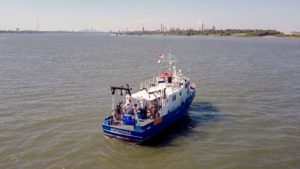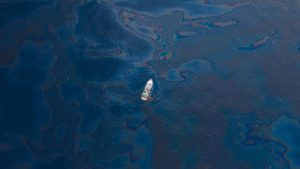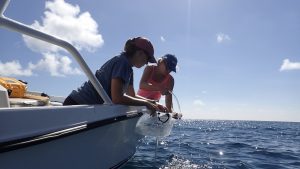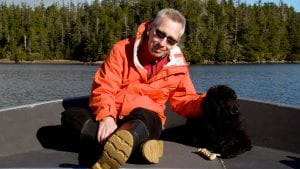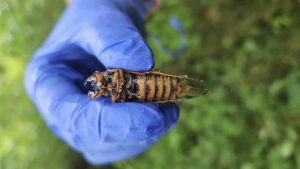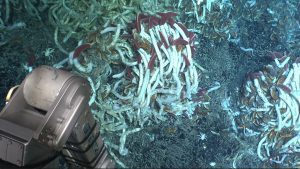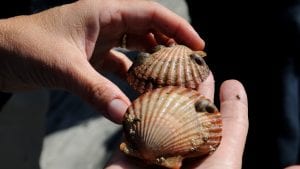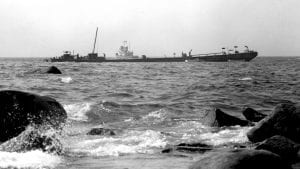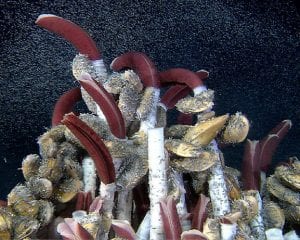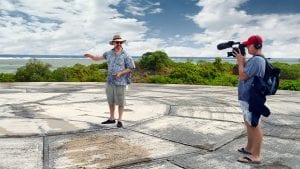Research Highlights
Oceanus Magazine
Danielle Haas Freeman draws on the language of chemistry to solve an oil spill puzzle
News Releases
New WHOI-led study shows the Southwest may be more sensitive to drying than the Pacific Northwest
Compared to taking visual observations of reef habitats, analyzing water microbes provides a more immediate picture of health.
The Frontiers Planet Prize recently announced National Champions from 19 different countries.
Billions of cicadas will be emerging on Cape Cod, and other parts of the country in late May or early June.
Long-awaited event sets the stage for scientists to learn more about physical, chemical and biological processes in the deep ocean East Pacific Rise, Pacific Ocean (May 2, 2025) – Scientists diving in the human-occupied vehicle Alvin recently witnessed a rare…
News & Insights
After 175,000 gallons of oil spilled from a barge that ran aground along West Falmouth Harbor, the contaminant has all but disappeared, save a small marsh inlet that continues to serve as a living laboratory for scientists at Woods Hole Oceanographic Institution.
“When hydrothermal vents were discovered in 1977, it very much flipped biology on its end,” says Julie Huber, an oceanographer who studies life in and below the seafloor at Woods Hole Oceanographic Institution (WHOI) on Cape Cod. “People knew that organisms could live off of chemical energy, but they didn’t imagine they could support animal ecosystems.”
Scientists like Dr. Huber have continued to study those chemical-munching microbes. And it turns out, she says, a diverse set of microbes can be really good at making a living where the sun doesn’t shine. They make use of the chemicals available to them, even at some of the harshest vents, known as black smokers.


